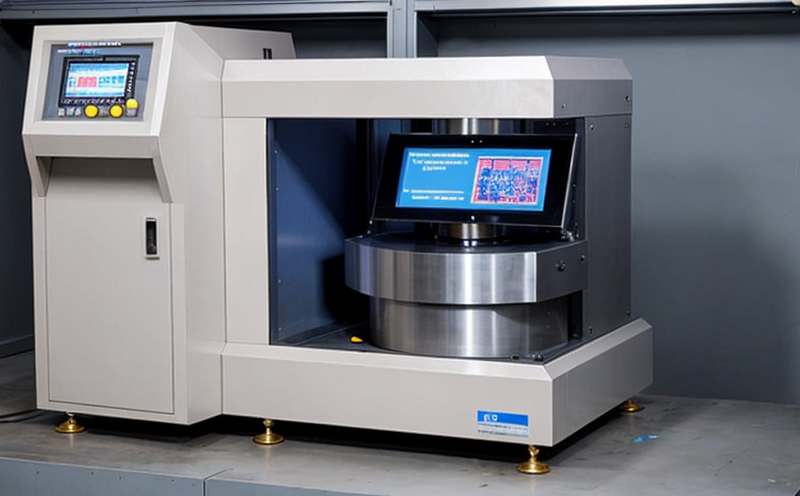ISO 12180 Roundness Measurement Testing
The ISO 12180 standard is pivotal in ensuring dimensional accuracy and surface finish quality of parts manufactured through Additive Manufacturing (AM) processes. This service focuses on the precise measurement of roundness, which is a critical parameter for assessing the geometry of AM parts. Roundness is defined as the deviation from a perfect circle or sphere, and it plays a crucial role in determining the functional integrity and performance of components.
Dimensional accuracy is paramount in ensuring that 3D-printed parts meet their design specifications. In Additive Manufacturing, where precision is often challenged by material properties, process parameters, and post-processing methods, ISO 12180 provides a robust framework for evaluating roundness. This standard ensures consistent quality across different AM technologies such as Powder Bed Fusion (PBF), Directed Energy Deposition (DED), and Laser Engineered Net Shaping (LENS).
The testing process involves the use of specialized roundness meters that can measure deviations to within micrometers. These instruments employ optical or mechanical methods to capture data points around the perimeter of a part, allowing for detailed analysis of its geometry. The results are then compared against predefined tolerances specified in ISO 12180, ensuring compliance with industry standards.
For quality managers and R&D engineers involved in AM processes, this service offers critical insights into potential process improvements. By identifying deviations early in the manufacturing cycle, they can adjust parameters to enhance part accuracy. Compliance officers can ensure that their 3D-printed parts meet regulatory requirements, while procurement teams can verify supplier compliance.
Industry Applications
- Aerospace: Ensuring the precision of turbine blades and engine components.
- Automotive: Verifying critical components like piston rings and camshafts.
- Medical Devices: Guaranteeing the accuracy of implants and prosthetics.
- Consumer Electronics: Ensuring high-quality connectors and housings.
Use Cases and Application Examples
- In aerospace, roundness testing is critical for turbine blades to ensure they fit precisely within the engine casing.
- In medical devices, ensuring that implants have the correct geometry is crucial for their functionality and patient safety.
- Automotive manufacturers use this service to verify the roundness of piston rings and camshafts, which directly impact engine performance.
- Consumer electronics companies rely on ISO 12180 testing to ensure that connectors are accurately manufactured, enhancing product reliability.
The precision required in AM processes makes ISO 12180 a vital standard for manufacturers. By adhering to this standard, businesses can enhance their reputation for quality and compliance, attracting more customers and maintaining regulatory approval.
International Acceptance and Recognition
The ISO 12180 standard has gained widespread acceptance across various industries due to its stringent requirements and proven reliability. It is recognized by numerous international standards bodies, including the International Organization for Standardization (ISO), ASTM International, and the European Committee for Standardization (CEN).
Many countries have adopted ISO 12180 as a national standard or guideline for dimensional accuracy testing in AM processes. This recognition ensures that the results from this service are universally accepted, facilitating smoother international trade and collaboration.
The standard's acceptance is not limited to just one sector; it spans across aerospace, automotive, medical devices, consumer electronics, and more. The diverse applications highlight its importance as a benchmark for quality in AM processes.





